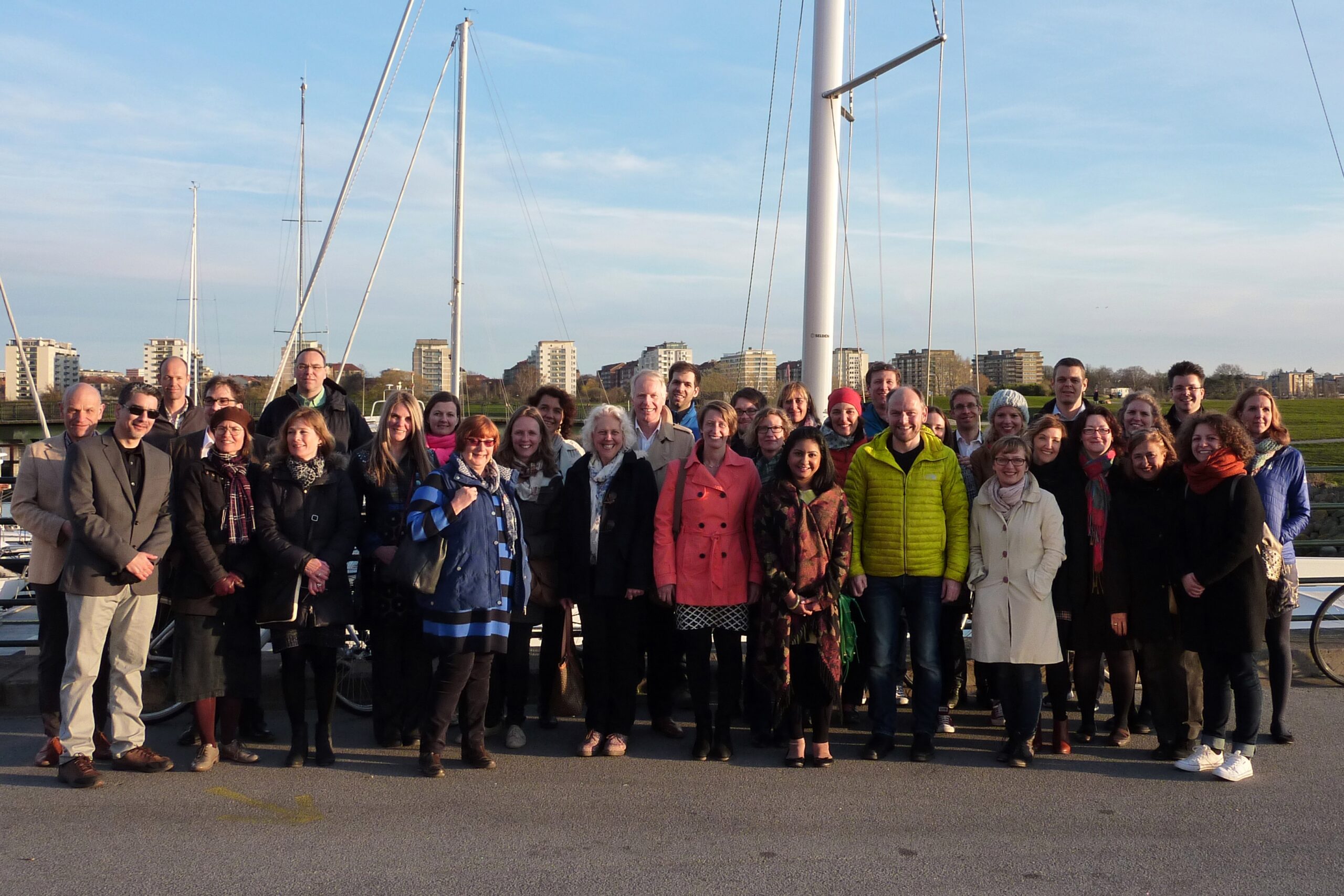Publications
In addition to the prolific publication of psychosocial and behavioural diabetes research led by our members, the PSAD Group has published several papers:

A PSAD Group response to the consensus report on the definition and interpretation of remission in type 2 diabetes: a psychosocial perspective is needed
Speight J, Skinner TC, Huber JW, Lake AJ, Messina R, Mocan A, Nefs G, Newson L, Povey R, Vallis M, Willaing I. Diabetologia. 2022 Feb;65(2):406-8.
Correspondence: Data on diabetes-specific distress are needed to improve the quality of diabetes care
Speight J, Hermanns N, Ehrmann D, on behalf of the PsychoSocial Aspects of Diabetes Study Group of the European Association for the Study of Diabetes. The Lancet. 2021 Jun 5;397(10290):2149.
Diabetic Medicine, Special issue to commemorate the 25th anniversary of the Psychosocial Aspects of Diabetes Study Group
Volume 37, Number 3; March 2020
This special issue includes 14 papers providing a summary of advancements in the field of behavioural and psychosocial diabetes research since study group inception:
How psychosocial and behavioural research has shaped our understanding of diabetes, A. Nouwen, J. Speight, F. Pouwer, R. I. G. Holt
Looking back on 25 years of the PSAD study group, F.J. Snoek
How 25 years of psychosocial research has contributed to a better understanding of the links between depression and diabetes, F. Pouwer, M.T. Schram, M.M. Iversen, A. Nouwen, R.I.G. Holt
Twenty-five years of diabetes distress research, T. Skinner
25 Years of psychological research investigating disordered eating in people with diabetes: what have we learnt?, M.M. Broadley, N. Zaremba, B. Andrew, K. Ismail, J. Treasure, M.J. White, M. Stadler
How has psycho-behavioural research advanced our understanding of hypoglycaemia in type 1 diabetes?, C. Hendrieckx, L. Gonder, Frederick, S.R. Heller, F.J. Snoek, J. Speight
Sweet dreams or bitter nightmare: a narrative review of 25 years of research on the role of sleep in diabetes and the contributions of behavioural science, G.M. Nefs, E. Bazelmans, E. Donga, C.J. Tack, B.E. de Galan
Psychosocial aspects and contributions of behavioural science to medication-taking for adults with type 2 diabetes, K. Winkley, R. Upsher, W.H. Polonsky, E. Holmes-Truscott
Trends in diabetes self-management education: where are we coming from and where are we going? A narrative review, N. Hermanns, D. Ehrmann, K. Finke-Groene, B. Kulzer
Psychosocial aspects of diabetes technology, T. Kubiak, L. Priesterroth, K.D. Barnard-Kelly
Behaviour change in diabetes: behavioural science advancements to support the use of theory, J. McSharry, M. Byrne, B. Casey, S.F. Dinneen, M. Fredrix, L. Hynes, A.J. Lake, E. Morrissey
Motivation: key to a healthy lifestyle in people with diabetes? Current and emerging knowledge and applications, J. Lakerveld, A.L. Palmeira, E. van Duinkerken, V. Whitelock, M. Peyrot, A. Nouwen
State of the art: understanding and integration of the social context in diabetes care, M. de Wit, P.M. Trief, J.W. Huber, I. Willaing
Assessing the impact of diabetes on quality of life: what have the past 25 years taught us? J. Speight, E. Holmes -Truscott, C. Hendrieckx, S. Skovlund, D. Cooke
Living with diabetes: literature review and secondary analysis of qualitative data, H. Stuckey, M. Peyrot
More Information:

